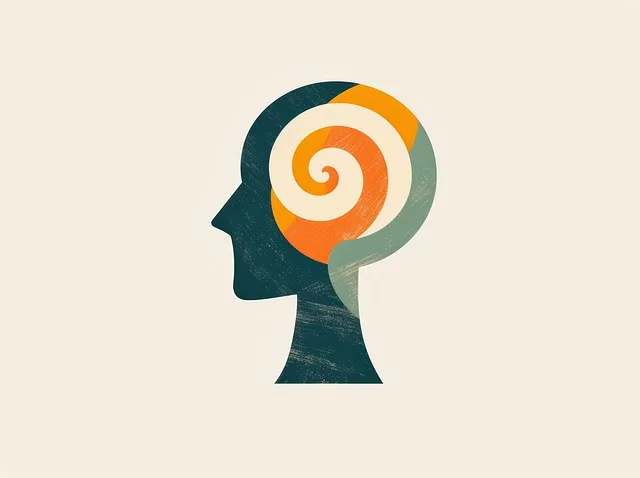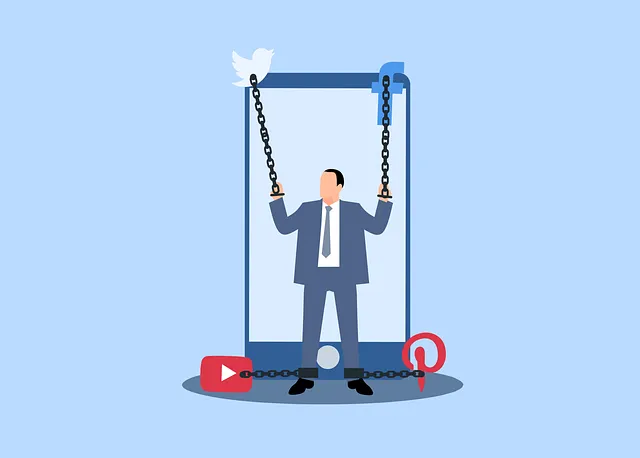Cultural sensitivity is crucial for effective mental healthcare, as evidenced by initiatives at the Westminster Kaiser Permanente Mental Health Access Center. By understanding diverse cultural contexts and beliefs about mental illness, the center offers tailored services, improves patient outcomes, and overcomes stigma. Their strategies include culturally sensitive techniques, community-focused efforts, and peer support groups. Healthcare professionals can enhance inclusive care through local engagement, ongoing training, and addressing root causes of mental health issues. Continuous improvement and education are vital to ensure accessible, effective mental healthcare for all communities, with organizations like WKP's center setting best practices through their comprehensive outreach and tailored services.
Cultural sensitivity is a cornerstone of effective mental healthcare, especially in diverse communities. This article explores the intricacies of providing culturally competent care at the Westminster Kaiser Permanente Mental Health Access Center, highlighting challenges and strategies to enhance patient outcomes and engagement. We delve into the impact of cultural sensitivity, offering insights on how it navigates barriers and fosters inclusive practices. Additionally, we discuss future directions, emphasizing continuous improvement and education for optimal cultural competence in mental healthcare settings.
- Understanding Cultural Sensitivity in Mental Healthcare
- Challenges and Barriers in Providing Culturally Competent Care at the Westminster Kaiser Permanente Mental Health Access Center
- Strategies to Enhance Cultural Sensitivity Among Mental Healthcare Professionals
- The Impact of Cultural Sensitivity on Patient Outcomes and Engagement
- Future Directions: Continuous Improvement and Education for Cultural Competence
Understanding Cultural Sensitivity in Mental Healthcare

Cultural sensitivity is a cornerstone in mental healthcare practice, ensuring that services are accessible and effective for individuals from diverse backgrounds. At centers like Westminster Kaiser Permanente’s Mental Health Access Center, this involves understanding and appreciating the unique cultural contexts of patients, which can significantly influence their experiences with mental health issues and treatment preferences. For instance, what constitutes appropriate self-care routine development for better mental health varies across cultures, as do perceptions of mood management and emotional expression.
Integrating cultural sensitivity requires mental health professionals to engage in self-awareness exercises that enable them to recognize their own biases and unconscious assumptions. This involves learning about different cultural practices, beliefs, and values related to mental well-being and healthcare. By doing so, they can create inclusive environments that foster open communication, respect, and understanding—all of which are crucial for effective treatment planning and improved patient outcomes. Additionally, it encourages the development of self-care practices tailored to individual needs, promoting holistic mental health support.
Challenges and Barriers in Providing Culturally Competent Care at the Westminster Kaiser Permanente Mental Health Access Center

The Westminster Kaiser Permanente Mental Health Access Center faces unique challenges when striving to deliver culturally competent care, reflecting the diverse backgrounds and needs of its patient population. One significant barrier is navigating the complex web of cultural nuances and expectations, especially among communities with varying beliefs and values regarding mental health. For instance, some cultures may view mental illness through a lens of spiritual or familial dysfunctions, which significantly impacts how individuals seek and accept treatment.
Additionally, the center grapples with breaking down barriers stemming from the long-standing mental illness stigma, particularly within certain ethnic and cultural groups. This stigma can deter patients from openly discussing their struggles and seeking professional help. To overcome these challenges, the access center employs various strategies, such as integrating Emotional Well-being Promotion Techniques that are sensitive to cultural contexts and incorporating Mental Illness Stigma Reduction Efforts tailored to different communities. They also facilitate group sessions that foster a sense of belonging, encouraging open dialogue and promoting peer support, which can aid in alleviating stress through shared experiences and understanding, ultimately enhancing the effectiveness of Stress Reduction Methods offered at the center.
Strategies to Enhance Cultural Sensitivity Among Mental Healthcare Professionals

Mental healthcare professionals play a crucial role in fostering inclusive and equitable care for diverse patient populations. To enhance cultural sensitivity, several strategies can be implemented. One effective approach is through Westminster Kaiser Permanente mental health access center-inspired initiatives that prioritize community outreach and engagement. By actively reaching out to various communities, healthcare providers can build stronger connections and understand the unique cultural contexts of their patients. This involvement may include participating in local events, partnering with community organizations, and offering educational workshops to promote mental health awareness.
Additionally, Empathy Building Strategies are vital for improving cultural sensitivity. Healthcare professionals should engage in ongoing training focused on developing cultural competence, learning about different ethnic, racial, and socioeconomic backgrounds, and practicing active listening. Encouraging open dialogue and creating safe spaces for patients to share their experiences can also foster trust and understanding. These strategies not only improve patient-provider relationships but also contribute to more effective depression prevention, as culturally sensitive care addresses the root causes of mental health issues within diverse communities.
The Impact of Cultural Sensitivity on Patient Outcomes and Engagement

In the realm of mental healthcare, cultural sensitivity is a game-changer that significantly impacts patient outcomes and engagement. At centers like Westminster Kaiser Permanente’s mental health access center, recognizing and respecting diverse cultural backgrounds, values, and beliefs is not just a moral imperative but a cornerstone of effective treatment. When healthcare providers demonstrate cultural sensitivity, patients from various ethnic, racial, and socio-economic groups feel understood, valued, and more likely to actively participate in their care plans. This fosters trust and openness, essential elements for successful therapy and coping skills development.
The benefits extend beyond individual patient experiences; culturally sensitive practices enhance the overall accessibility of mental health services. By incorporating Healthcare Provider Cultural Competency Training and implementing strategies that promote cultural sensitivity in mental healthcare practice, institutions like Westminster Kaiser Permanente can ensure their staff are equipped to address the unique needs of a diverse patient population. This approach not only improves patient satisfaction but also contributes to more positive outcomes, as studies have shown that culturally sensitive interventions lead to higher levels of engagement and adherence to treatment regimens.
Future Directions: Continuous Improvement and Education for Cultural Competence

To ensure equitable mental healthcare for diverse communities, future directions must prioritize continuous improvement and education for cultural competence. Organizations like Westminster Kaiser Permanente Mental Health Access Center play a pivotal role in shaping best practices. By implementing robust Community Outreach Program Initiatives, these centers can increase mental health awareness and access among underrepresented populations. This involves tailoring services to address specific cultural needs, ensuring sensitive communication, and providing culturally responsive therapies that promote effective mood management.
Ongoing training for healthcare professionals is essential to foster cultural sensitivity. This includes learning about different cultural beliefs, practices, and barriers to care, as well as developing skills to navigate complex ethical dilemmas. Embracing these strategies not only improves patient outcomes but also strengthens the bond between mental health services and communities they serve.
Cultural sensitivity in mental healthcare is not just a best practice—it’s an imperative. As evidenced by the experiences at the Westminster Kaiser Permanente Mental Health Access Center, addressing challenges and barriers to culturally competent care can significantly enhance patient outcomes and engagement. By implementing effective strategies, mental healthcare professionals can better understand diverse cultural contexts, improve communication, and foster inclusive environments. Continuous improvement and education are key to ensuring that all patients receive respectful and effective treatment, regardless of their background, ultimately revolutionizing mental healthcare access and quality.






